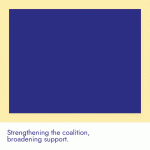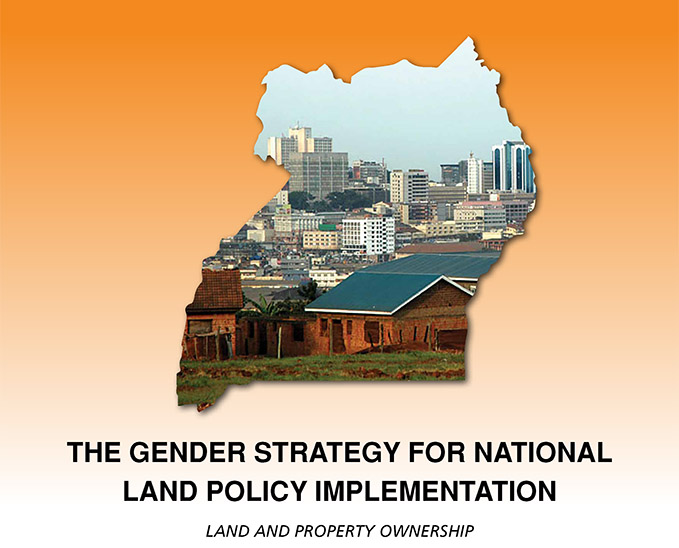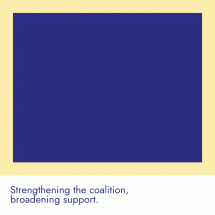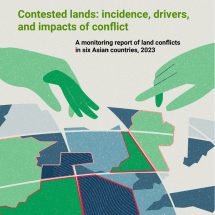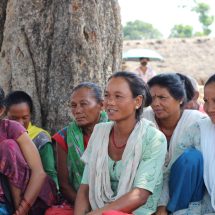Uganda’s National Land Policy is an opportunity to protect and enhance the land rights of vulnerable people through provisions that expressly seek to take remedial action against historical and cultural injustices and inequality between men and women. The policy environment in Uganda further embraces gender equality and equity through the National Gender Policy (2007) and the Constitution (1995).
The Land Act (CAP 227), on the other hand, introduced legal reforms to operationalize positive constitutional provisions largely through express spousal consent provisions before mortgaging and transfer of family land, and the affirmative action quotas on representation in land governance institutions. These efforts have, however, largely remained on paper and have had limited practical impact on policy and legal implementation.

